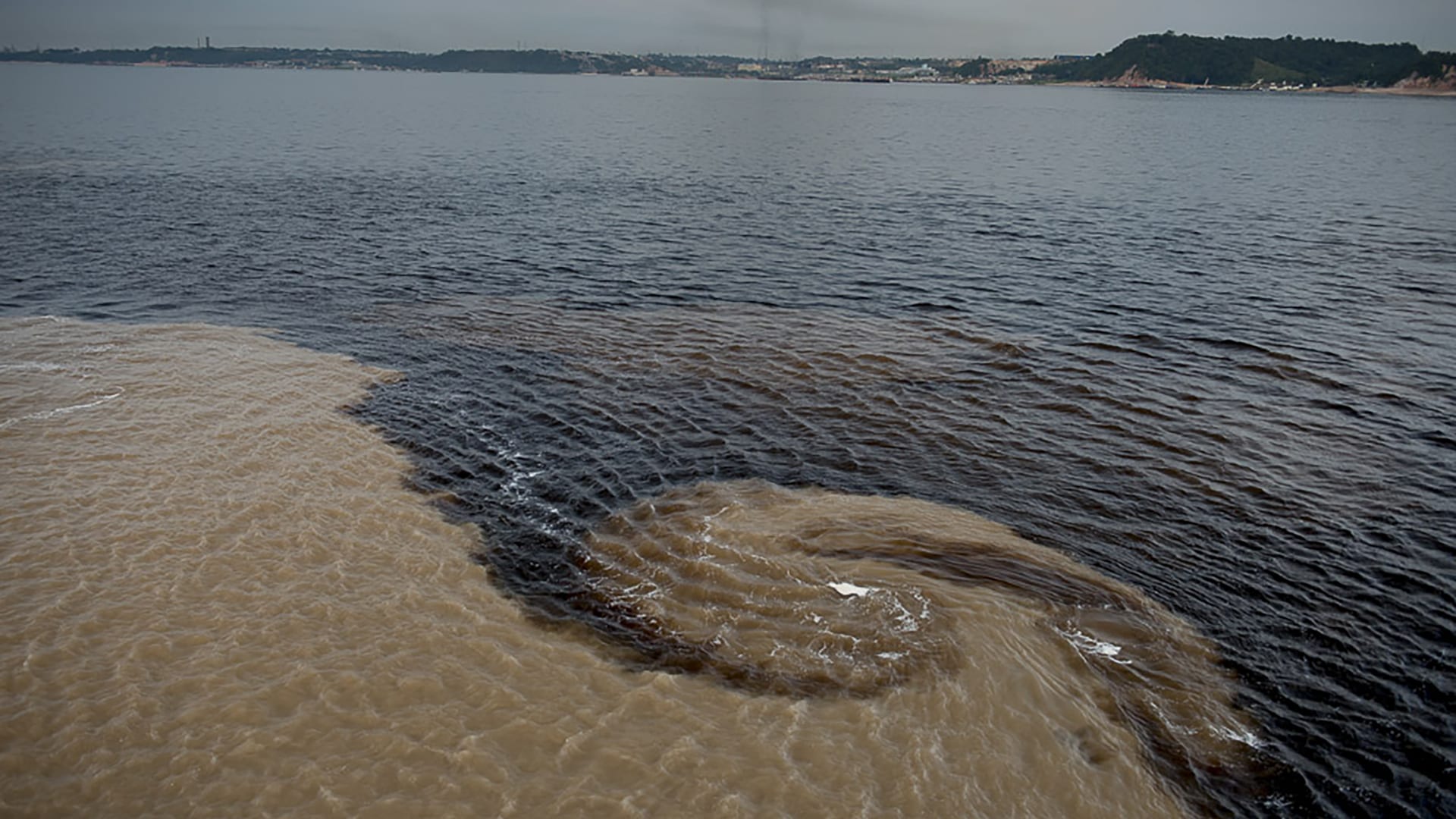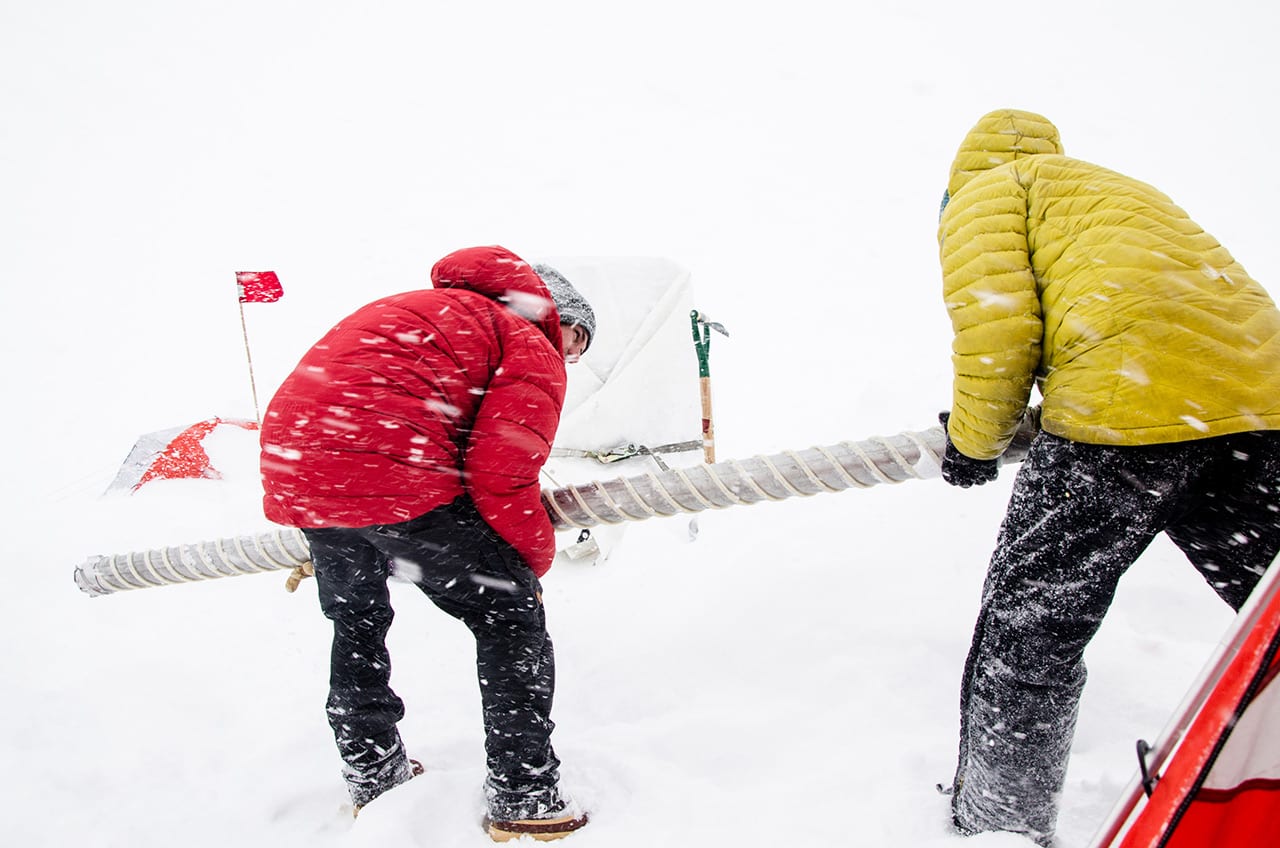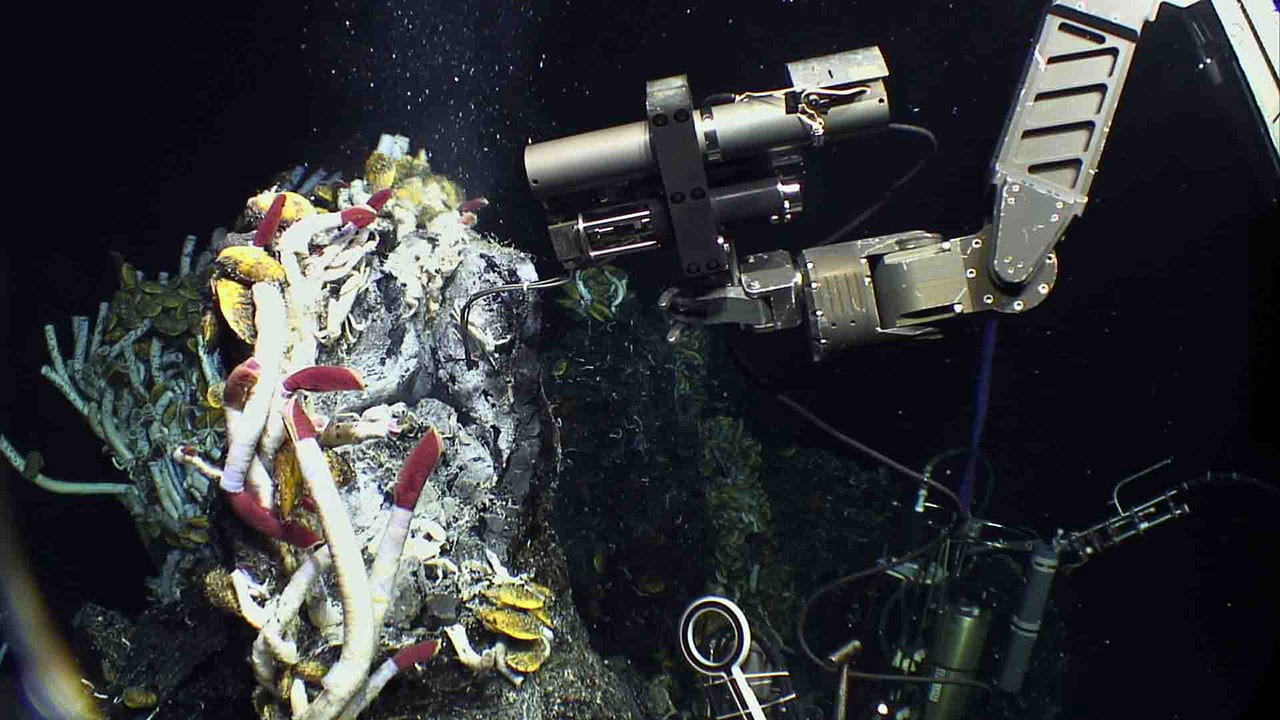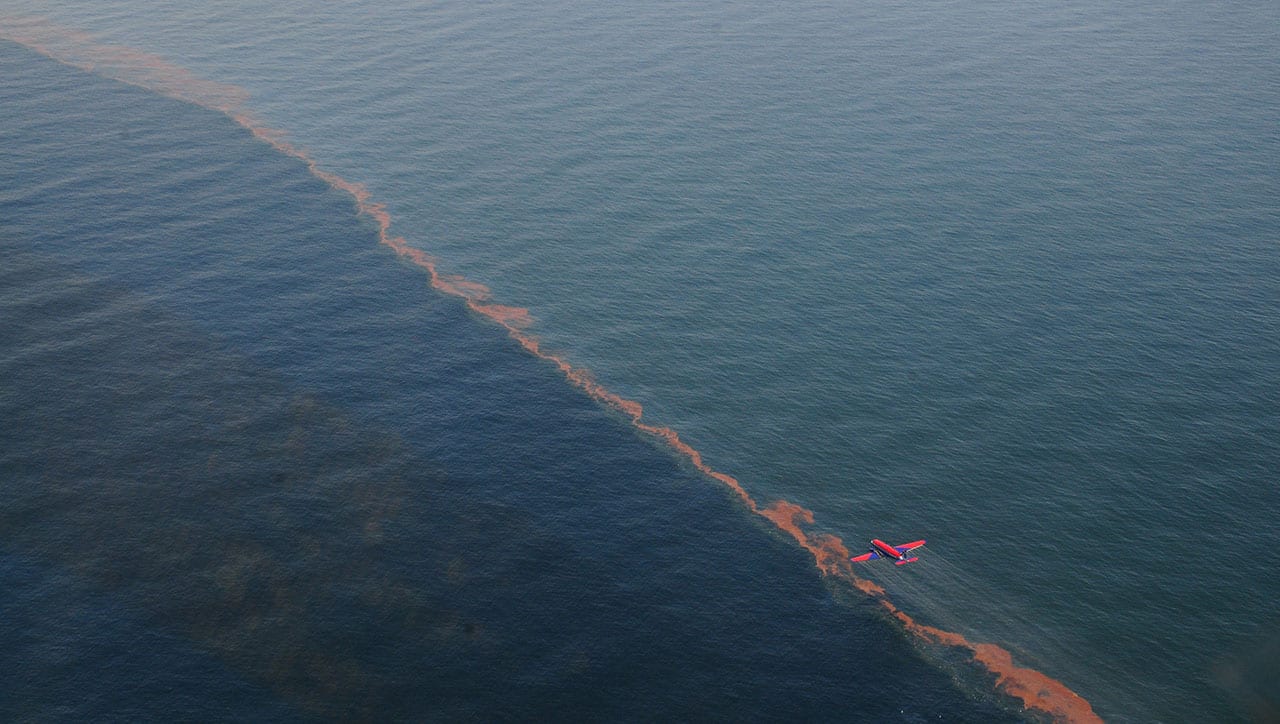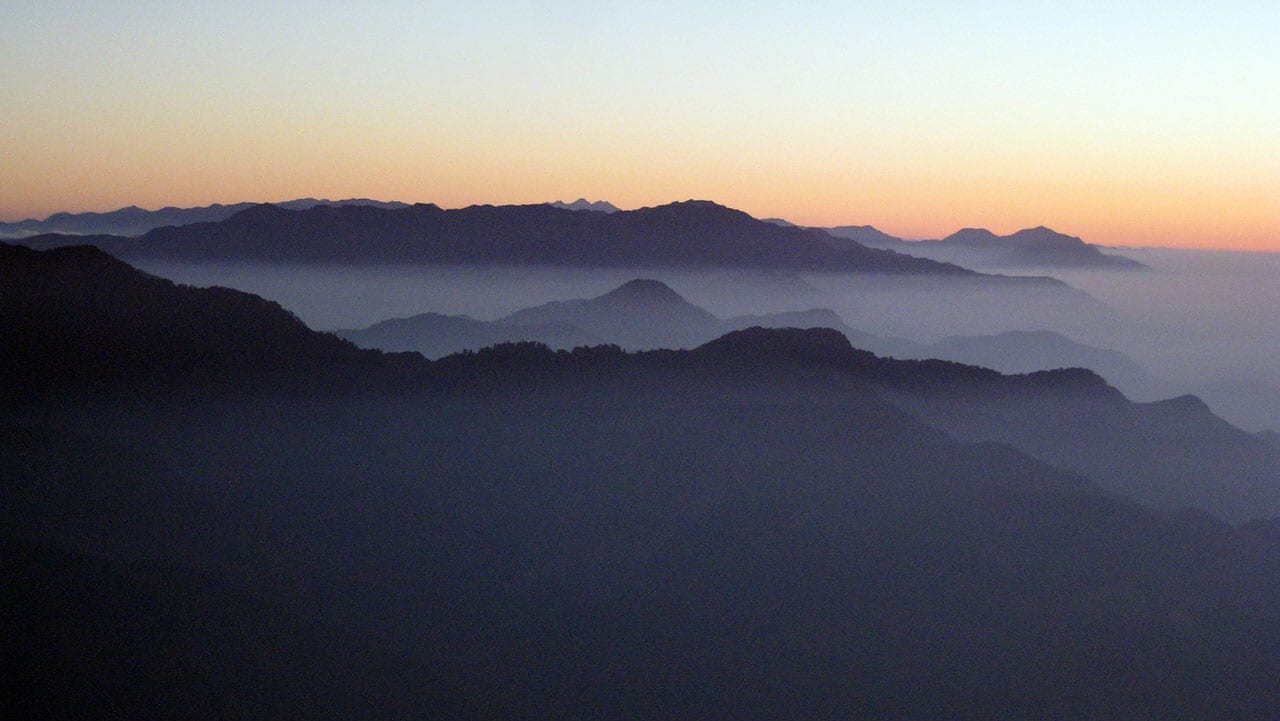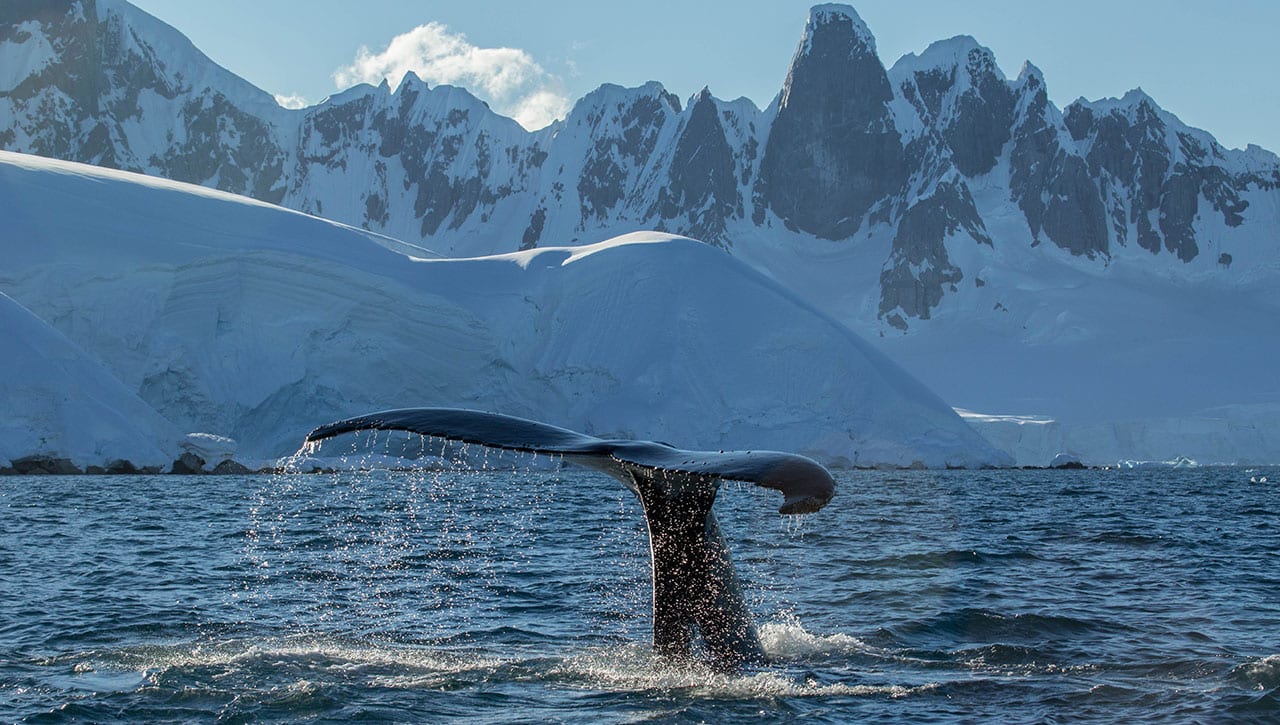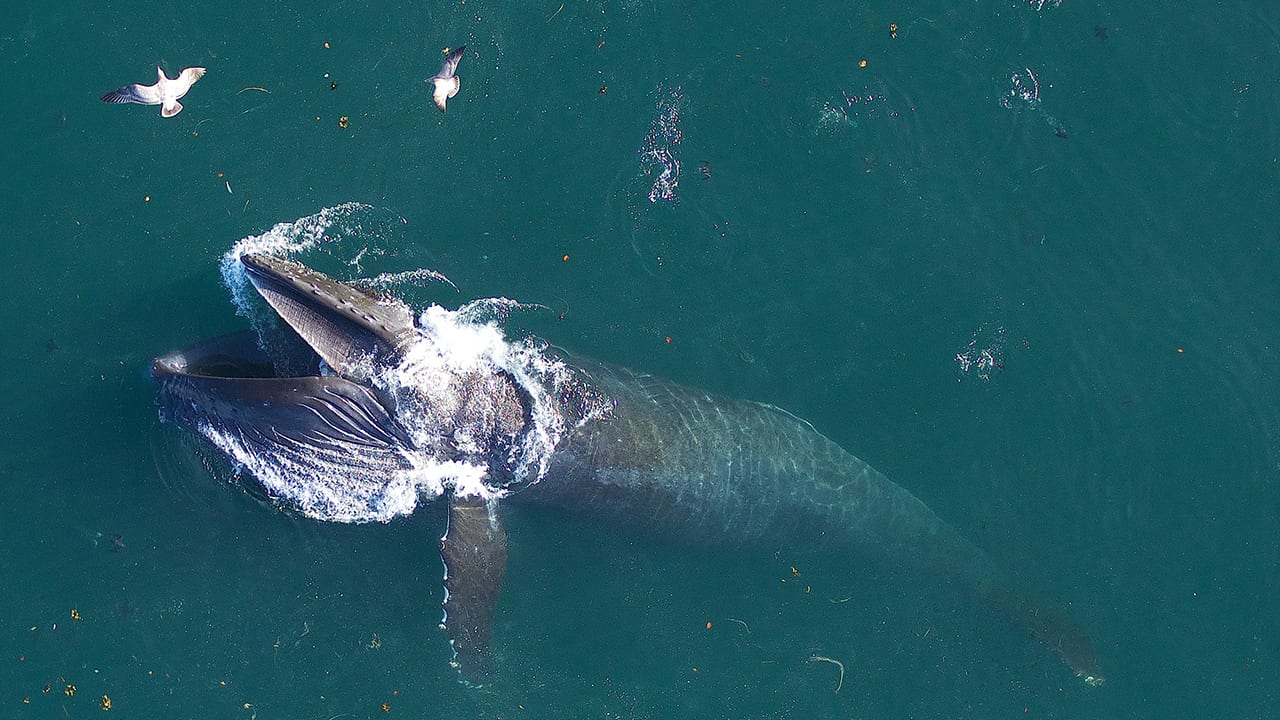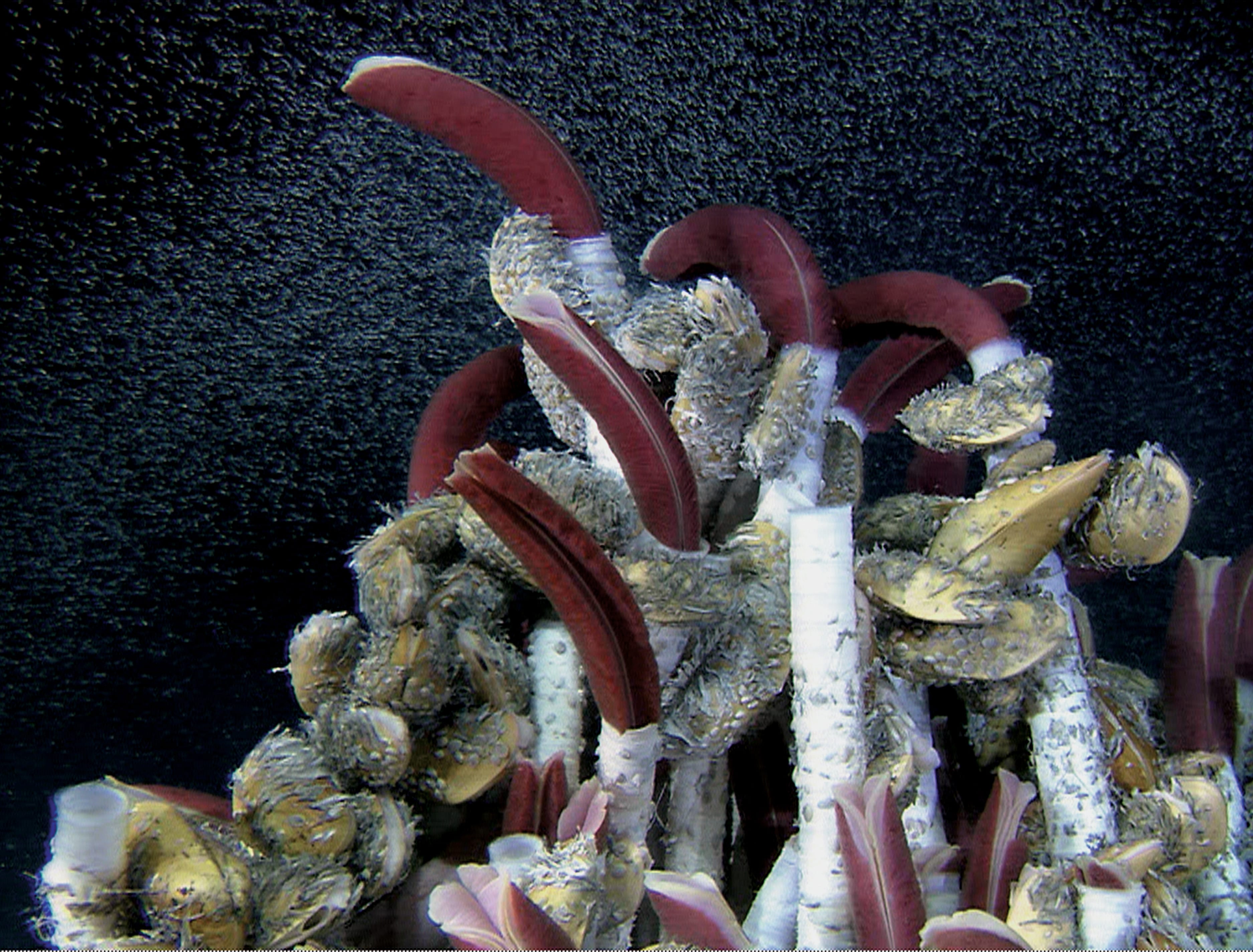News Releases
Organic Carbon Hides in Sediments, Keeping Oxygen in Atmosphere
A new study from researchers at the Woods Hole Oceanographic Institution (WHOI) and Harvard University may help settle a long-standing question—how small amounts of organic carbon become locked away in […]
Read MoreNorth Atlantic Ocean productivity has dropped 10 percent during industrial era
Scientists at MIT, Woods Hole Oceanographic Institution (WHOI), and elsewhere have found evidence that phytoplankton’s productivity is declining steadily in the North Atlantic, one of the world’s most productive marine basins.
Read MoreFueling a Deep-Sea Ecosystem
Miles beneath the ocean surface in the dark abyss, vast communities of subseafloor microbes at deep-sea hot springs are converting chemicals into energy that allows deep-sea life to survive, and even thrive, in a world without sunlight. Until now, however, measuring the productivity of subseafloor microbe communities (or how fast they oxidize chemicals and the amount of carbon they produce) has been nearly impossible.
Read MoreSunlight Reduces Effectiveness of Dispersants Used in Oil Spills
A research team led by Woods Hole Oceanographic Institution (WHOI) found that sunlight chemically alters crude oil floating on the sea surface within hours or days. In a follow-up study the team reported that sunlight changes oil into different compounds that dispersants cannot easily break up. The results of these two studies could affect how responders decide when, where, and how to use dispersants.
Read MoreMountain Erosion May Add Carbon Dioxide to Atmosphere
Scientists have long known that steep mountain ranges can draw carbon dioxide (CO2) out of the atmosphere as erosion exposes new rock, it also starts a chemical reaction between minerals on hill slopes and CO2 in the air, weathering the rock and using CO2 to produce carbonate minerals like calcite.
Read MoreMonitoring Bacteria on Whale Skin
Just like with humans, the skin on marine mammals serves as an important line of defense against pathogens in their environment. A new study sheds light on the skin microbiome – a group of microorganisms that live on skin – in healthy humpback whales, which could aid in future efforts to monitor their health.
Read MoreStudy Identifies Whale Blow Microbiome
A new study by the Woods Hole Oceanographic Institution (WHOI) and colleagues identified for the first time an extensive conserved group of bacteria within healthy humpback whales’ blow’the moist breath that whales spray out of their blowholes when they exhale.
Read MoreWHOI Hosts Public Event Celebrating the 40th Anniversary of the Discovery of Deep-Sea Hot Springs
The discovery of lush communities of deep-sea life at thermal springs on the seafloor in 1977 forever changed our perception of where and how life could exist on Earth. Diving […]
Read More
